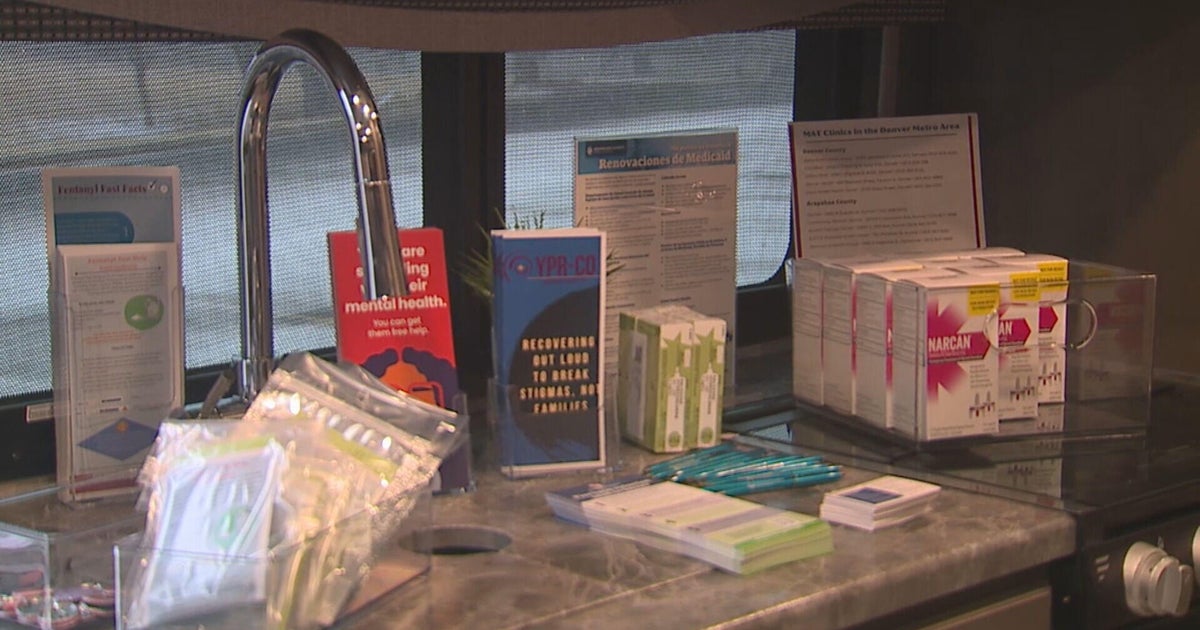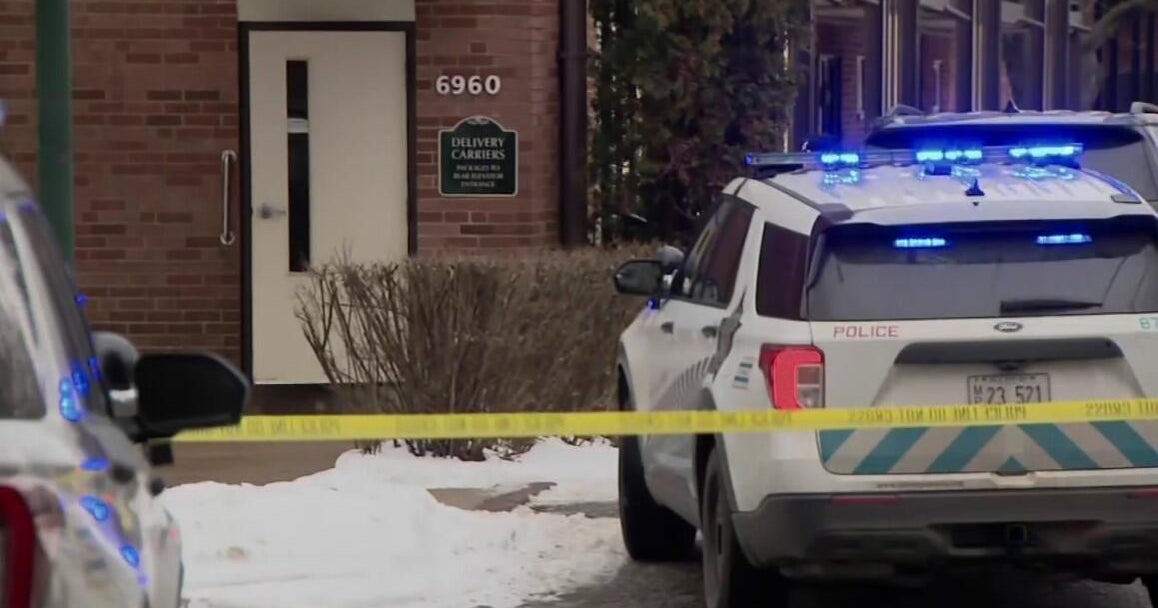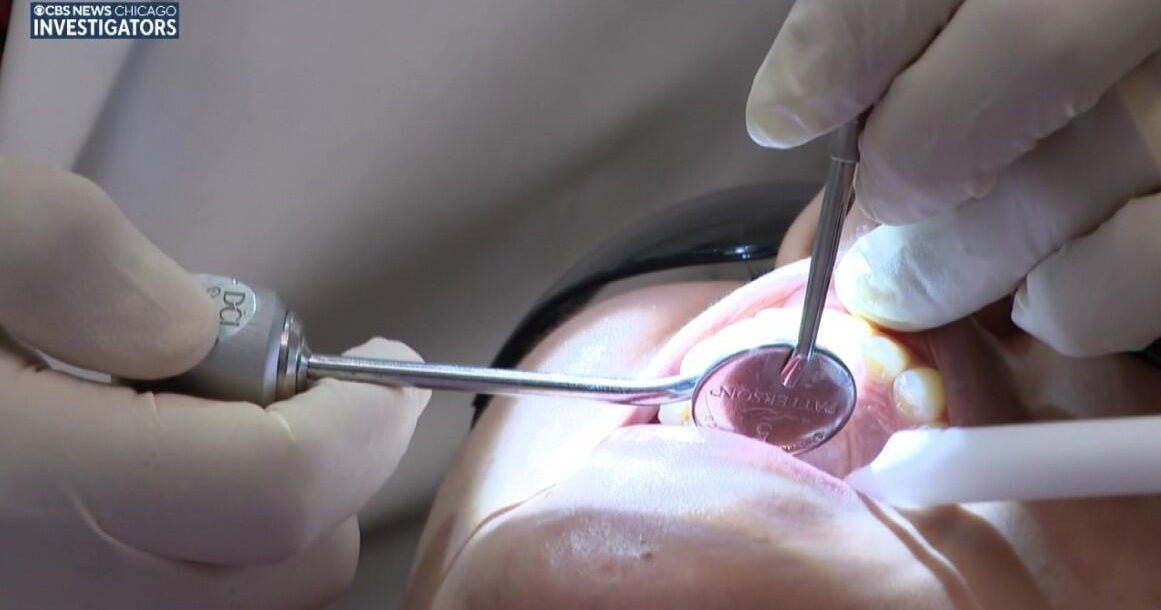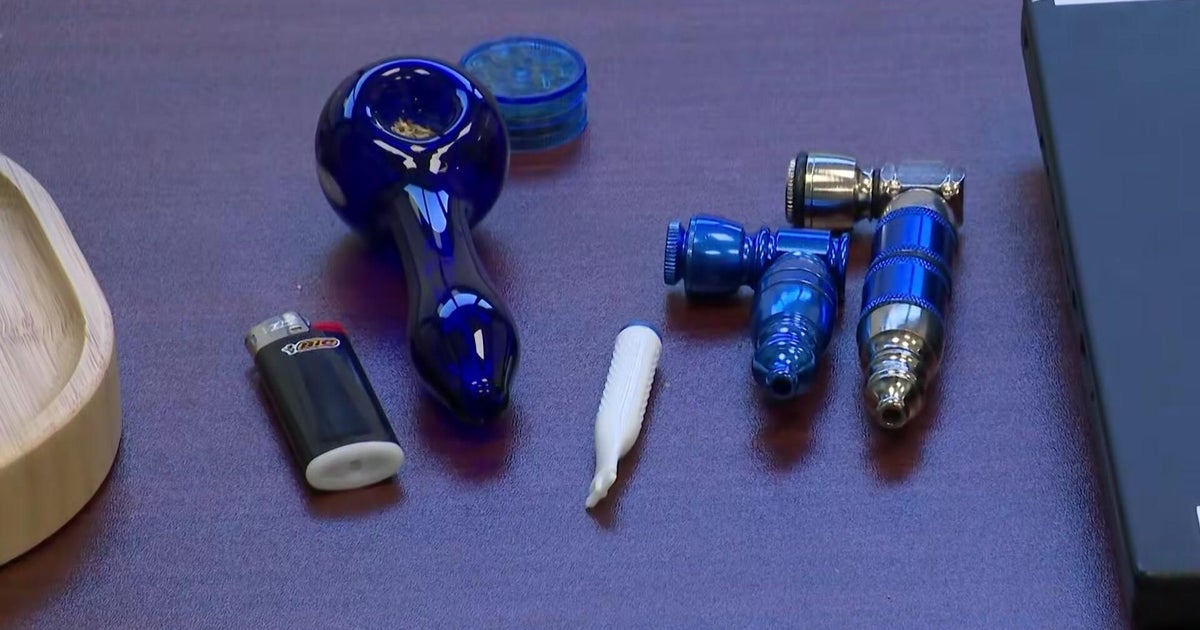Chicago area experts explain ramifications of continuing evolution of virus that causes COVID
CHICAGO (CBS) -- Some may have put COVID in the rearview mirror, but new research shows the virus that causes the disease is still constantly evolving and is as unpredictable as ever.
In light of that, the centers for Disease Control and Prevention are urging certain people to get two doses of the new COVID-19 vaccine this cold and flu season. The CDC is recommending two doses—spread six months apart—for people 65 and over, and for people who are moderately or severely immunocompromised and at high risk of complications.
Franciscan Health infectious disease physician Dr. Erica Kaufman West said she is not at all surprised that COVID variants are still evolving.
"No, I think that's what viruses do," she said. "They evolve."
Kaufman West reacted to a CDC report issued Thursday on the evolving SARS-CoV-2 variants. But she said it is important to measure the effects of the evolution.
"Those mutations really only matter to us if they cause a change in the severity of disease," she said, "so if a mutation ends up causing more severe illness than the prior strain, or if that strain leads to the virus being more able to evade the immune system."
The information comes out just after the CDC released their COVID vaccine recommendations of two doses for the aforementioned groups.
"These are safe and effective vaccines, and they really do prevent against severe illness and death," said Kaufman West.
Looking at one measure of flu and COVID fatalities from Oct. 1, 2023, until Sept. 30, 2024, flu was listed as cause of death for 10,465 people nationwide. But COVID caused 58,812 deaths in the same time period.
"COVID has, from my experience, a lot more systemic effects rather than just, only affecting lungs," said Dr. Stephen Jumic, a hospitalist at Northwestern Medicine, "affecting the heart, affecting kidneys, affecting the brain."
Doctors said the best defense is still immunization.
"Certainly, if someone's at high risk, the way to reduce your risk to stay out of the hospital—to not have to see me, because I only see people in hospital—is to get vaccinated," Jumic said.
Kaufman West and Jumic said they both predominately see older adults—a group that, in their experience, is more likely to accept the vaccine.
They said anyone who has not yet gotten their shots yet still has time until what is generally considered peak respiratory season—starting in December.







